|
Laying in the Peruvian emergency room, a few hours after breaking my leg and with the shock of the pain wearing off, I looked over at Margaret, my currently designated “responsible family member” and said, “I’m wondering what the message is from the Universe in this one.” She smiled at me, but having known me only about ten days, didn’t quite know what to say. “Be careful on stairs? That seems like the logical lesson.” Logical, yes, but not a sign from the Universe.
7 Comments
Jim just wanted to watch the birds.
It frustrated me so, the incessant focusing of the binoculars, the prattling on about beak shape and wing colors. I’d be craning my neck to try to see the lions camouflaged in the early morning grass, and Jim would be looking the wrong way. When it was time for sundowners, the kids and I rushed to gulp ours, eager to get back on the hunt for a Big Five spotting. Jim, though, he lingered. Smiling to himself as he watched something flit by and land in an acacia tree. Some warbler, maybe, or a tropical tree-sap-sucker. He told me, proudly, and probably patiently, how he identified each bird, but me, I was distracted by the baboons calling from up on the ridge. I remember thinking—and I hope not saying—that we have birds at home. They’re nothing special and not worth wasting our time on But leopards! Rhinos! Elephants! Lions! Hippos! Not to mention the swirly horned kudu and the massive wildebeest and those noisy baboons…now those were special. Now those were worth lingering for. But Jim, Jim knew otherwise. The honeybee is nature’s linchpin, a keystone species, without which there is a ripple effect of ecological destabilization. More plainly, without the honeybee, our ecosystem could collapse.
Honeybees are, after all, workers. Flitting incessantly from pollen source to pollen source in pursuit of honeycomb perfection. Feeding the queen while also feeding the rest of us, not only with the sweet delight of their honey but in all that cross-pollination that keeps the rest of our food system alive. They are simultaneously dogged and sensitive, single-mindedly pursuing clovers and wildflowers and blossoms while ever-so-vulnerable to changes in the world around them. When the snow melts and they no longer need to warm the queen, they should return to our gardens en masse. But whatever we humans are putting out into the world makes it less and less likely that we’ll hear that C-sharp wingsong in our own gardens. Fierce. Productive. Vulnerable. Celebrated for their hard work and its sweet payoff, the honeybee holds us together. Wings flapping, fuzzy legs coated in yellow life, the stinger of last resort. One of the most productive species on earth, and also one of the most imperiled. Dear Babies,
Three weeks is a long time to be without your mama. And it’s not just three weeks, I know. Yes, it’s these three weeks in Peru, but it’s also another two weeks in India, and those long weekends of conferences and girls’ weekends. It’s those hours after school when I’m finishing up work and you’re in after care. It’s that once-a-week late-night of teaching and the occasional night out with Papa. And when we finally are home together, it’s all those hours you want me to play but I’m feeding us and picking up after us and signing permission slips and checking the calendar and giving you baths and trying to make clean clothes magically appear. It’s when I’m sleeping in my own bed, but you wish I were just sandwiched between the two of you, Anna’s arm wrapped around my neck and Rory snuggled into my arms. I remember the first time I was groped. On the school bus in elementary school, some boy who lived in our apartment complex and touched me in a way that I knew was wrong. He grabbed me, and I punched him in the stomach.
There is a sense in which we are all each other's consequences. | Wallace Stegner. All the Little Live Things. Milwaukee burned while we relaxed in the North Woods.
This is the inequality we live with, in our Milwaukee home and also everywhere. The fires, the rage, the sadness, the explosion – it is not mine. Mine is from a distance: while we explain to Anna that no, not everyone has a vacation home, we are also reading the news of a community in crisis just down the road from our 'regular life' home. We are heartbroken for our neighbors but also unaffected and wrapped in security systems. You, Wisconsin, with your lime green leaf buds, with your sun heating my hair and your wind chapping my cheeks, with your crowds of Badger red that break up the dull palette of wintery grays, with your lakes that glitter and freeze, with your rains that never stop and snow that always falls and summers that always bake. You, Wisconsin, with your ice quakes and thunderstorms, with your beer fests and freak fests, with your hippies and hunters and hipsters, with your bipolar politics and bipolar weather, with your locally cured bacon and organically ground bratwurst and sustainably caught bluegill, with your moody North Woods music and marching polka bands and banjos thundering the Capitol, with your blaze and your black and your cardinal.
There is that moment when you realize they are no longer you. Before, you are entangled as one. Arms and legs and bellies together as one. You, mama, are also the baby. At first, literally, with your baby nestled safely inside of you, and then later, when you are the baby’s entire world. You and your baby, attached—at the hip or the arm or the shoulder, in a snuggle or a carrier or a nap. You know each cry, and you know all the ways in which you are the answers to those cries: Milk. Snuggles. Sleep. Silly faces. Mama voices. Together. Exhausting and exhilarating, this oneness. But you take it for granted, this weaving of two people into a unit. Until one day, you catch her playing, really playing, with a friend, and you realize you have no idea what they are talking about. Until one day, he cries so loudly and for so long, and you are not the answer. Until one day, you hear them together, laughing and “reading” books and talking and happy by themselves, not looking for you or crying for you or climbing on you. They have inner lives that are entirely their own–and you realize then, they are no longer you, and you are no longer one. These babies, they grow into people. So fast.
There really is no place like home. The endless hands and arms of loved ones—friends and family alike—to scoop up your children, to hug and kiss and squeeze and calm and entertain them, to support you with joy and energy. The night after night of summer barbeques, where platters of bratwurst are ever present and fireflies tease while the sun makes its slow descent beyond the horizon and children big and small fall asleep in their parents’ laps as they laugh and talk into the wee hours.
I know that look.
The awkward, flat smile. The glazed over eyes that quickly give way to desperation. The deep breath before any words are spoken. The pursed lips and shrugged shoulders. I know that look. It’s the look of not understanding a damn thing going on in the world around you. I know schools. I spend my life in schools. I study schools, I work in schools, I pretty much live in schools. And school here in Mexico…Well, it’s different.
My head swims with a constant stream of, “Wow. In the States, it’s like X, but in Mexico, it’s like X.” Some are improvements, some are infuriating, and some are just baffling cultural differences. But different nonetheless. Never mind that I am teaching at an “American” school. This place is definitely not American. Plus, I get the added benefit of Anna being in a local Montessori program, a non-Americanized (but still private, so relatively affluent) school. And man! These schools are just…different. Here are just a few of the things that just don’t match up between American and this little sample of Mexican schools (with the full acknowledgement that my n=2 sample is skewed heavily toward upper-class Mexico). As soon as we left the house for Friday night paletas, I knew. I could smell it in the air. That tell-tale mix of earth, minerals and water.
The rains were coming. I was teased into thinking they’d arrived a week earlier when, on my walk home from school, a quick drizzle sputtered down. When the first droplets hit my arms–my arms, hot and sticky after a day spent herding teenagers in classrooms that grew hotter and thicker as the day wore on–it was as if I were electrified. Every cell in my body began zinging and bouncing and reaching for those rain drops. Those precious few drizzle drops that sent me home in a skip, only to be dashed by Nico’s solemn head shake, “No, no es la lluvia. Es muy temprano. Y lluvia ahorra es muy mala, muy mala. La próxima día será más húmedo y con mucho más calor.” I am not really the biggest fan of Mother’s Day.
It’s one of those holidays that seems to be set up for disappointment, with Hallmark-inspired fantasies of perfectly behaved children that the real world can never live up to. The very act of mothering seems to conflict with Mother’s Day dreams of a pampered day ‘off,’ despite the fact that mothering is what we’re supposed to be celebrating. Never mind when real life (read: AP exams) requires Dad to work all weekend and Mom to do double child-care duty. Or when your rambunctious toddler makes a lovely meal out (or in!) seem more stressful than that easy box of mac-and-cheese. Or when your four-month-old cries his little heart out as the soundtrack to your day (or worse: night). This year, I really could have done without Mother’s Day. I would have been happy with a Let Mom Sleep Just a Little Day. It’s been a rough 10 weeks in the Gibwater casa.
In the 10 weeks since the Littlest One was born, it’s been what feels like a cascade of mala suerte here on Calle Colomos. We’ve become the Bad News Osos. Time can start to drag on when you’re waiting for a baby.
Here in Mexico, that waiting begins six weeks prior to your expected due date, when the government begins your twelve-week incapacidad. The first four weeks of my maternity leave, however, were anything but a drag. Free from lesson planning and grading for the first time since August, I dove full-force into all the other things that had been put on hold in my life: I spent days working on my dissertation. I organized and arranged the Tadpole’s room. I stocked the freezer with casseroles and the pantry with homemade granola. I caught up on the household budget. I finally finished unpacking and moving into our house. I dove into some pleasure reading. I celebrated the holidays and even escaped the city for a few days. I reveled in some free time with my family. 39 weeks pregnant yesterday, the first day of 2013. As the arrival of our Mexican-American tadpole draws nearer, I find myself marveling at the differences between this pregnancy and my first.
This is why we moved to Mexico. Okay, fine, there were loftier ideals mentioned when Fresh first proposed this move South of the Border: Learning Spanish. His career aspirations. Raising a bilingual child. Cultural immersion that could help my dissertation. Affordable childcare. But really, when I was hemming and hawing about whether this move to Guadalajara was really a good idea, two words convinced me: The Beach.
Some days I am so exasperated by Mexico that I feel like my head is going to explode. The simplest things are difficult. More difficult than they should be, it seems. Like making a doctor’s appointment for Anna. It usually takes at least a week of constant phone-calling to find out whether or not the vaccine we need will actually be at the doctor’s office on the day we’ve scheduled the appointment. Or paying Anna’s tuition, which involved multiple trips to the bank and school before the accountant finally gave us every number we needed to do the bank transfer correctly. Or paying rent, which is only accepted in cash, between 4-8pm, and involves a thirty-minute conversation about the minutiae of our garden. (Seriously? What ever happened to checks?!) Or finding the products you need at the grocery store, which may be there one week but then mysteriously disappear for the next three months. Or getting a straight answer out of the rocking chair makers about when, exactly, your chairs will be ready. Or the fact that bills might arrive after they were due to be paid, and well, if you didn’t know that bill’s due date, you are just out of luck when that service shuts off. The simplest things–paying bills, replacing light bulbs, checking your voice mail–seem infinitely more difficult than they need to be.
We live in a borderland. No, no, not that border, sillies. A border between two Mexicos. We live in this netherworld of a neighborhood—Ayuntamiento, to be exact—that isn’t really a neighborhood. Even our utility companies aren’t sure where we live; each company sends our bills to a different address, although they all miraculously make it to us (you know, one day before they are due). And most people look a little askance when we even try to direct them to our neighborhood by name. We usually end up saying something like, “Ayuntamiento…you know, kind of between Providencia and Santa Tere?” We live in a barrio borderland.
I really must have ticked off Montezuma…or Quetzalcoatl…or the universe in general…because I think I might have the worst driving karma in Mexico. No, not accidents. Nothing that banal. But I’ve been doing a lot of driving lately, and every trip seems to end poorly.
|
AboutWhile living in Mexico, I joked that speaking Spanish forced me to be far more Zen about life: Since I could only speak in the present tense, I was forced to just live in that present tense. Archives
October 2023
Categories
All
photosLike what you see? That's mostly Ross Freshwater. Check out my talented partner-in-life's photo gallery. |
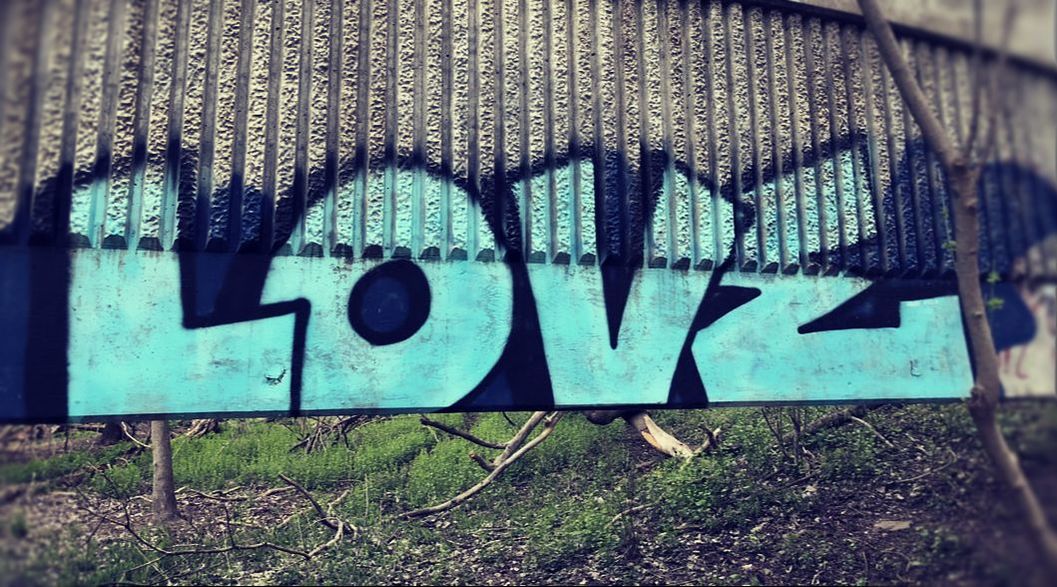
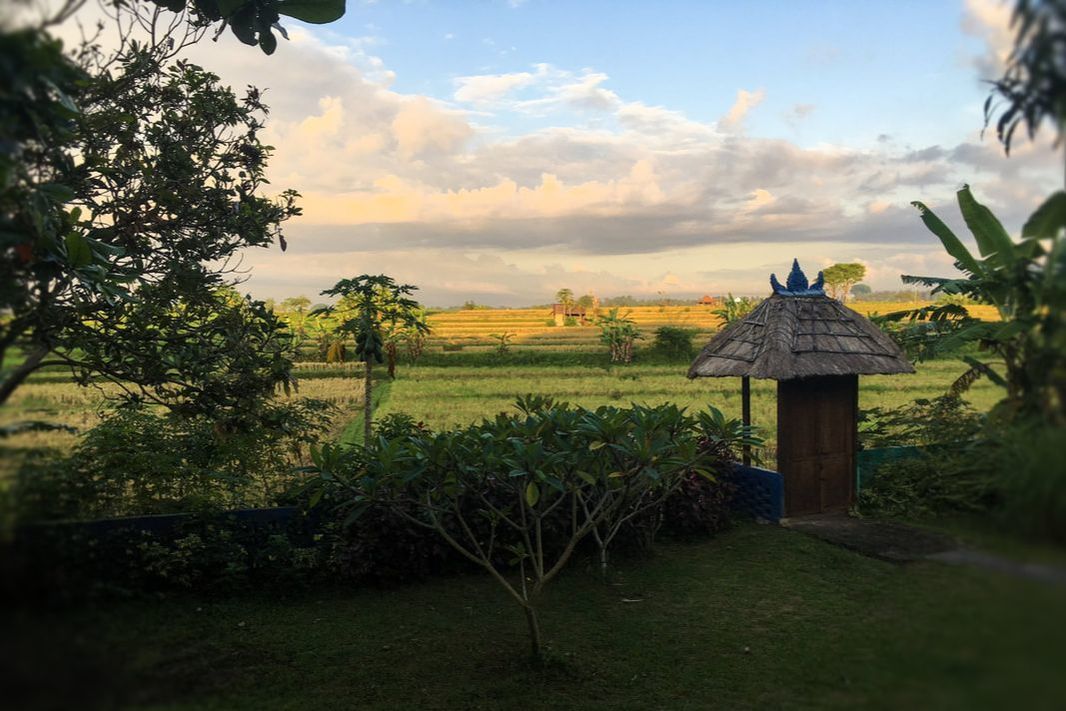
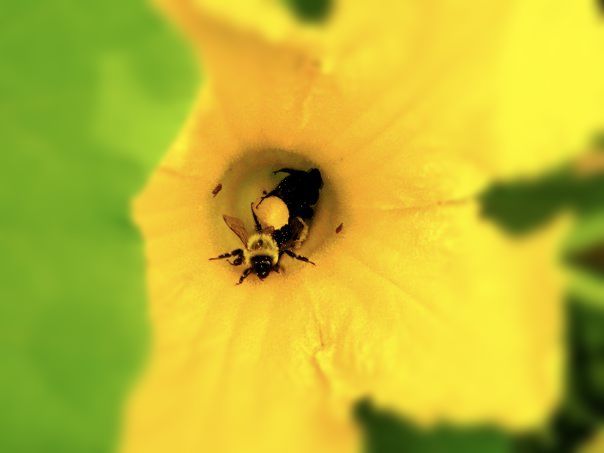
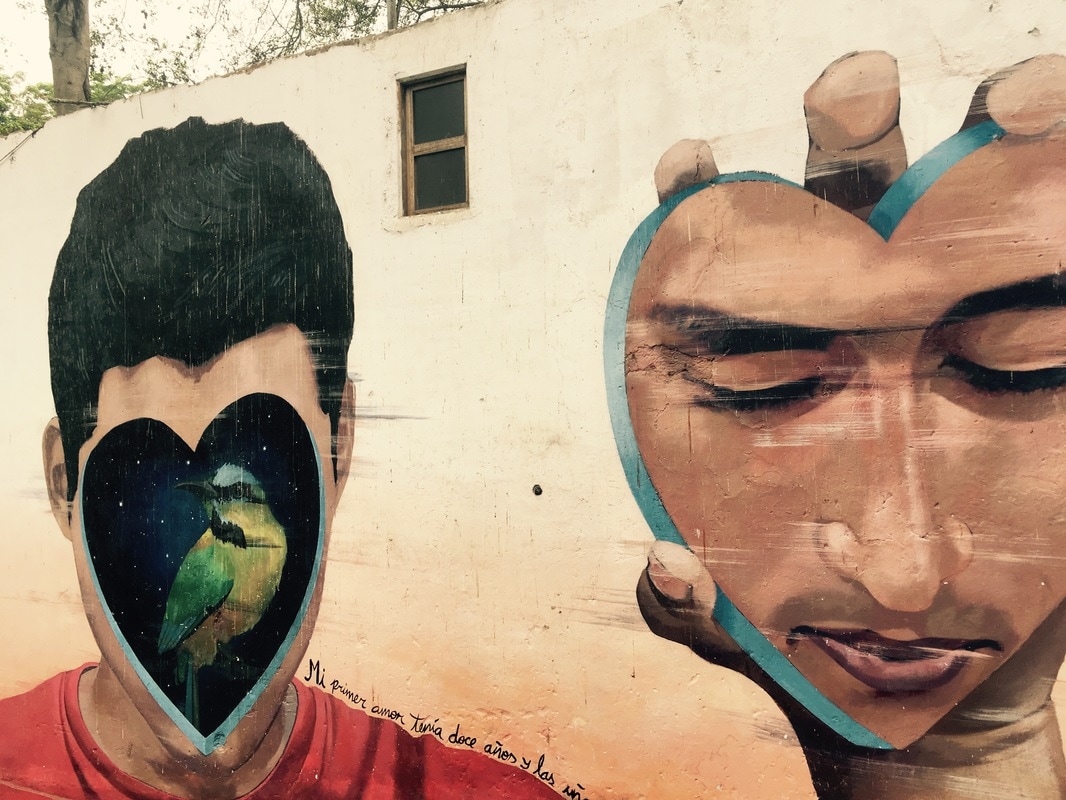
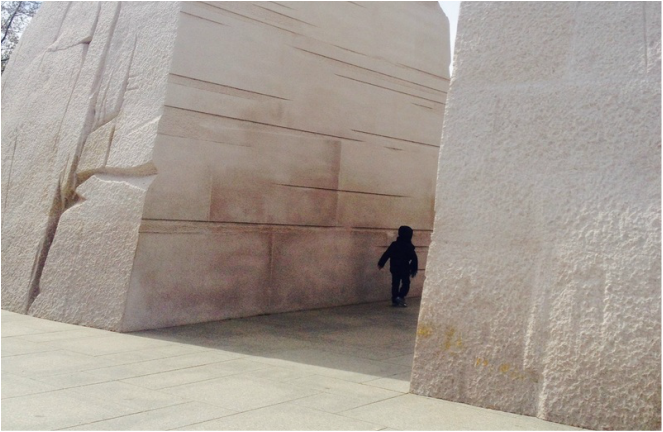
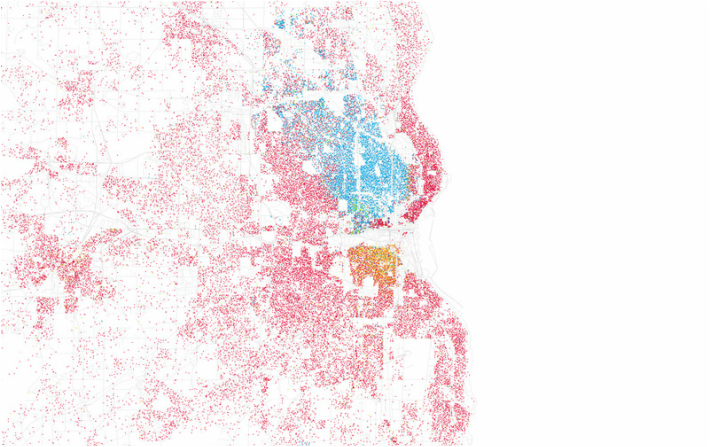
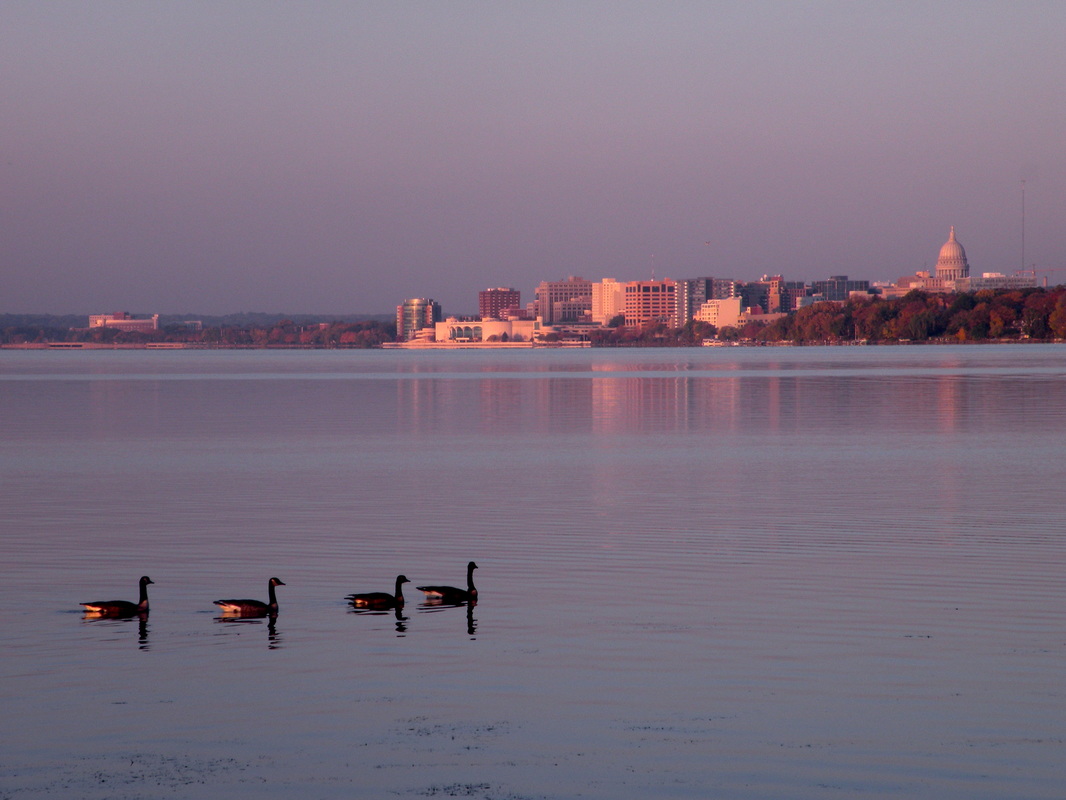
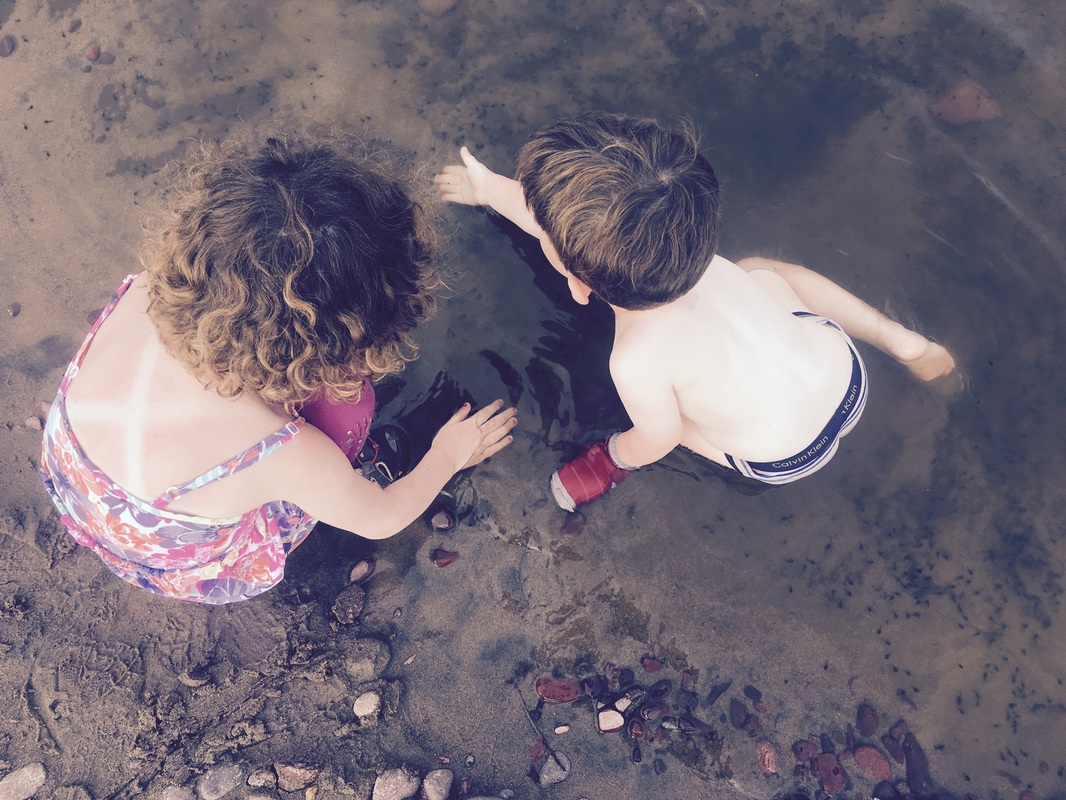
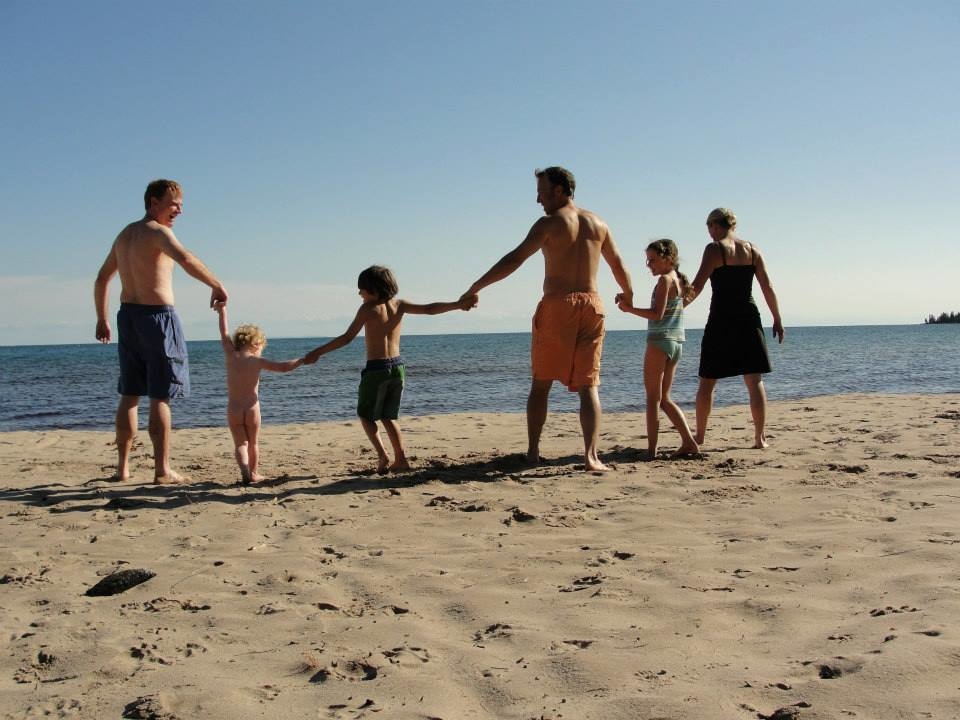
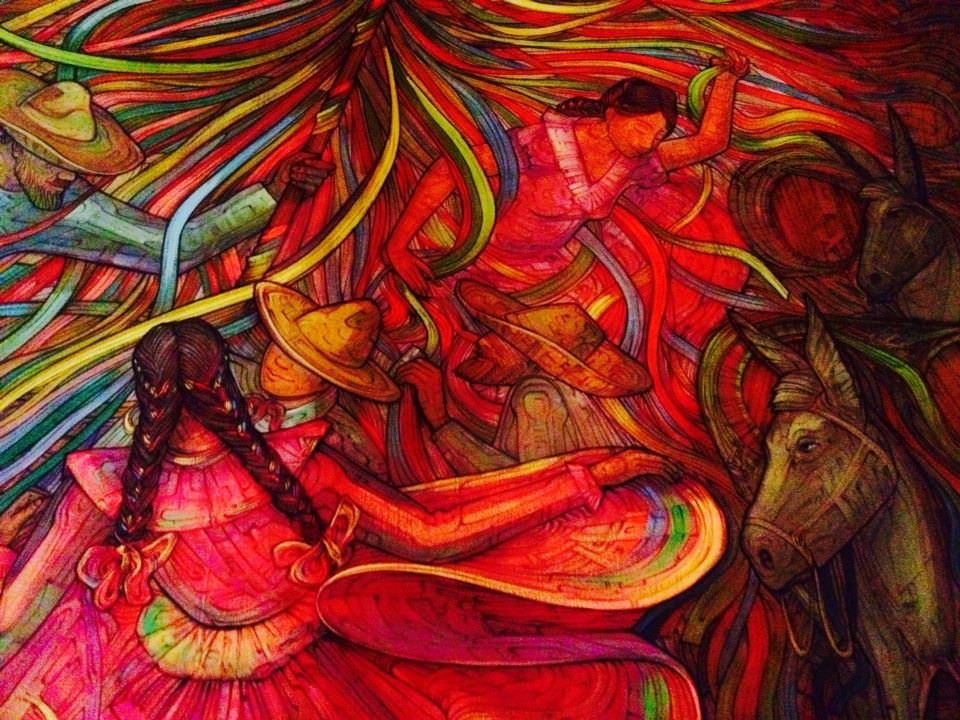
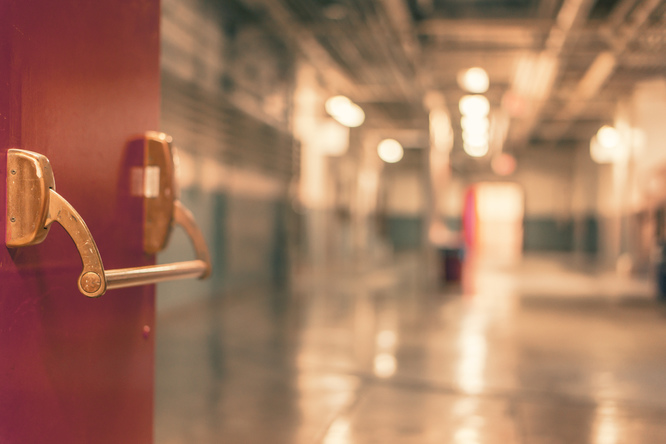
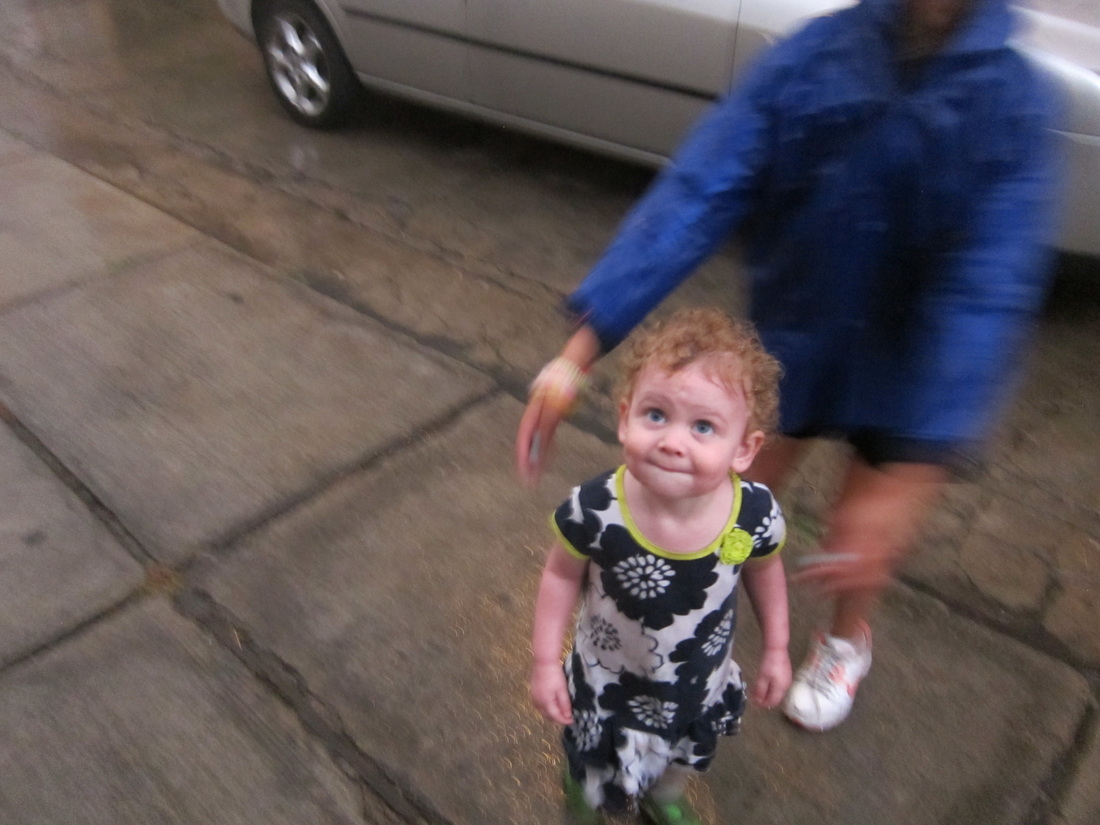
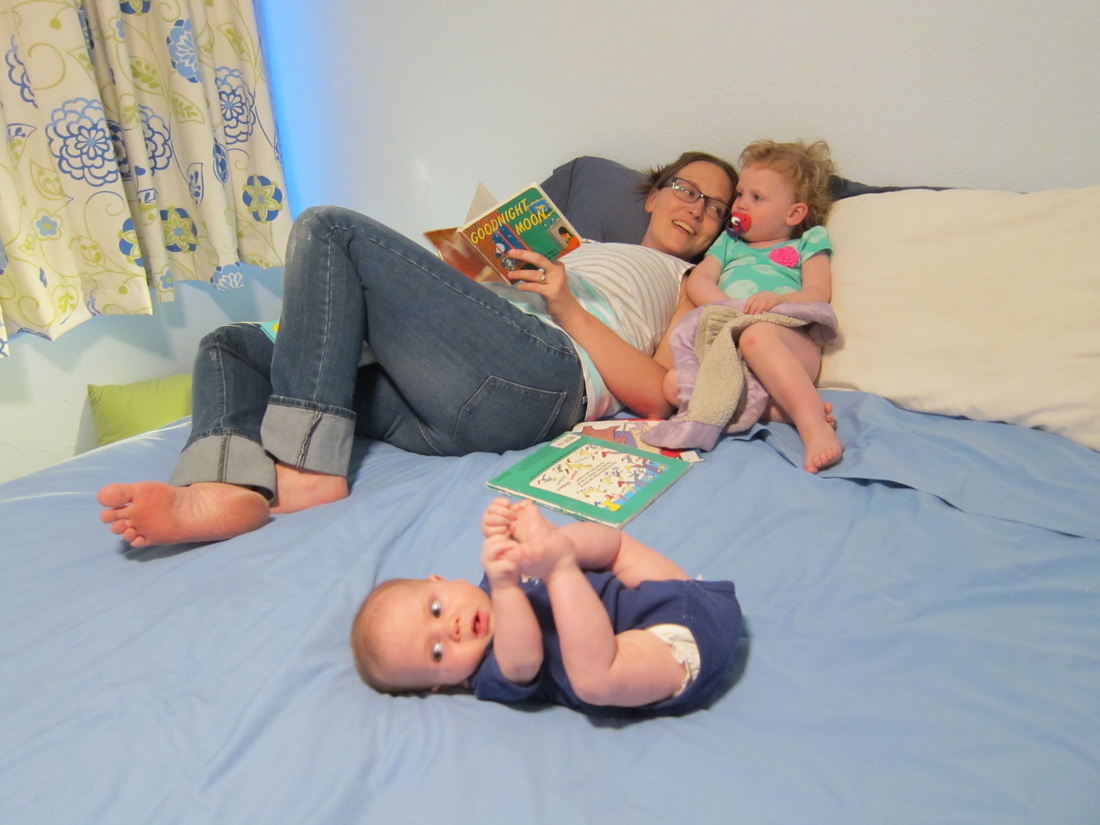
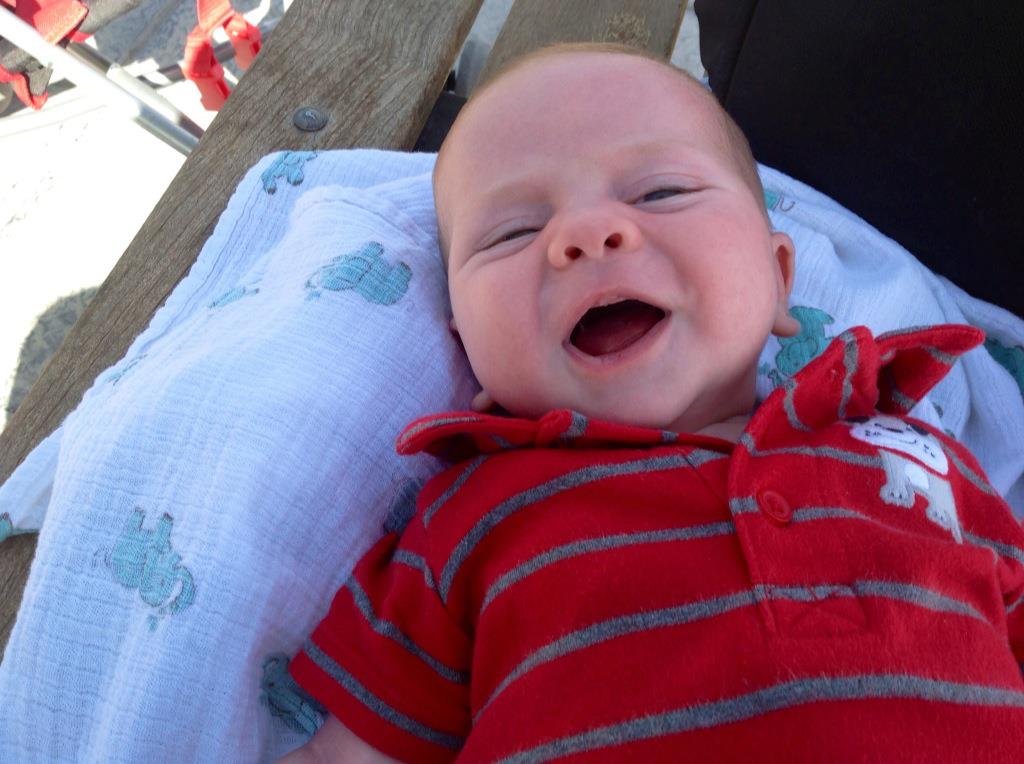

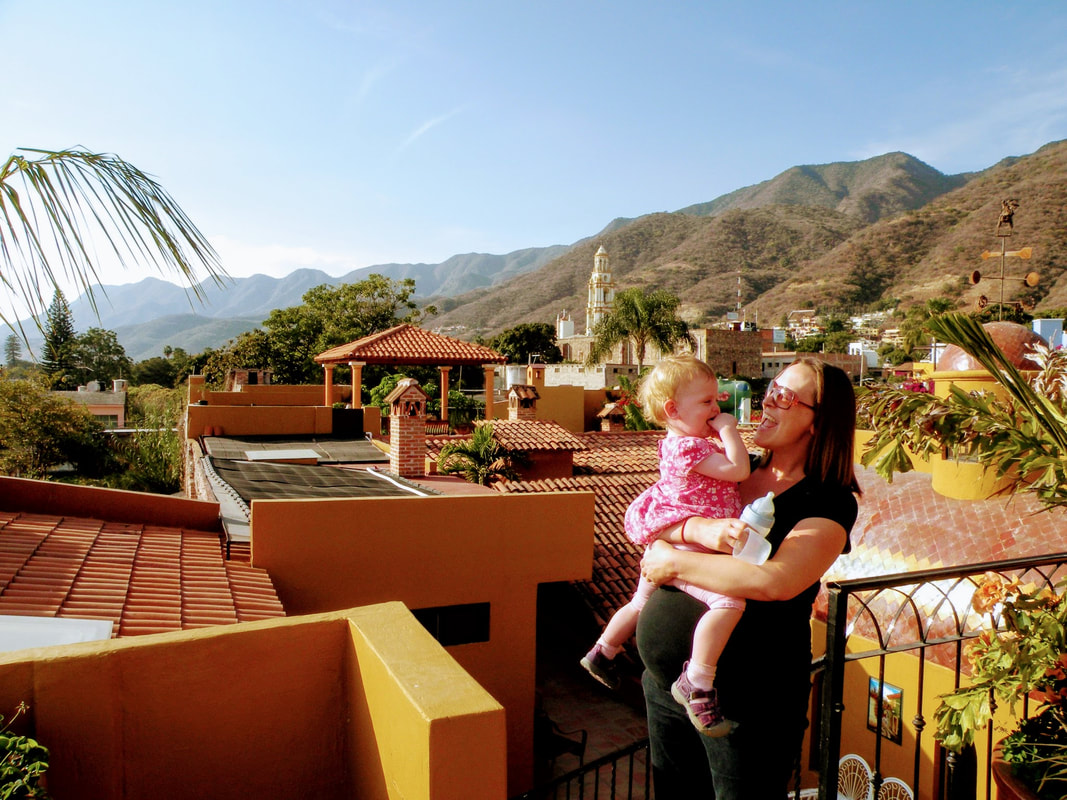
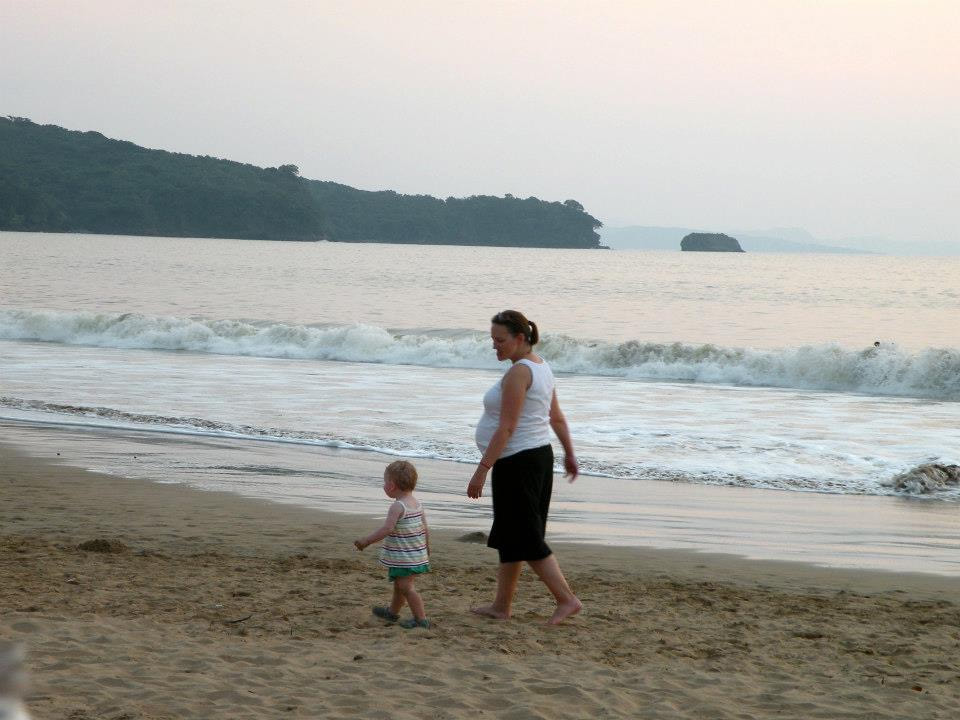
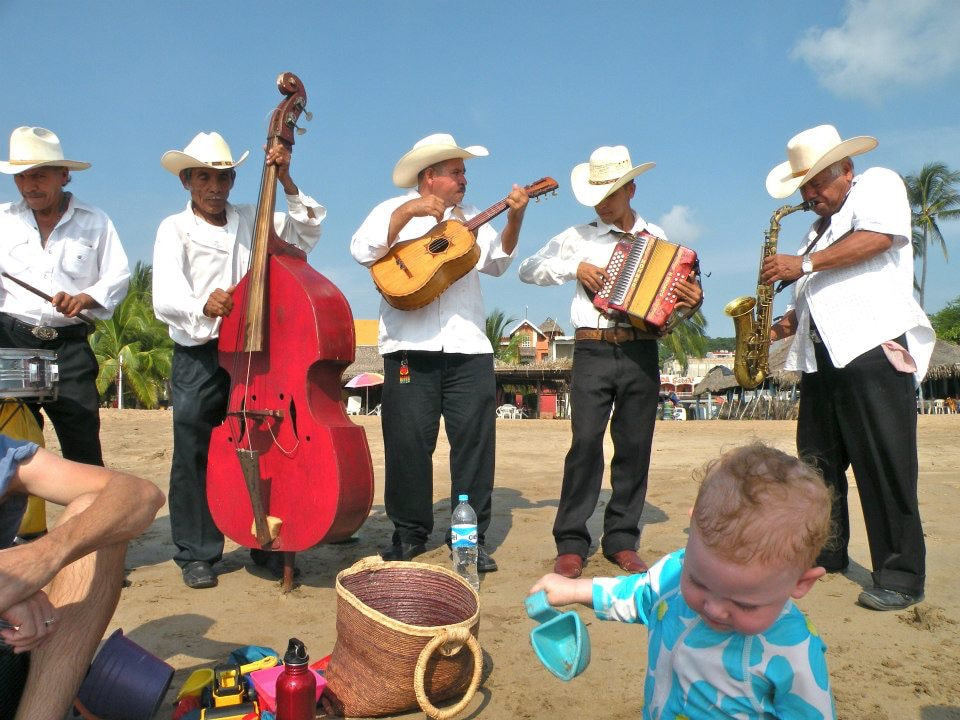
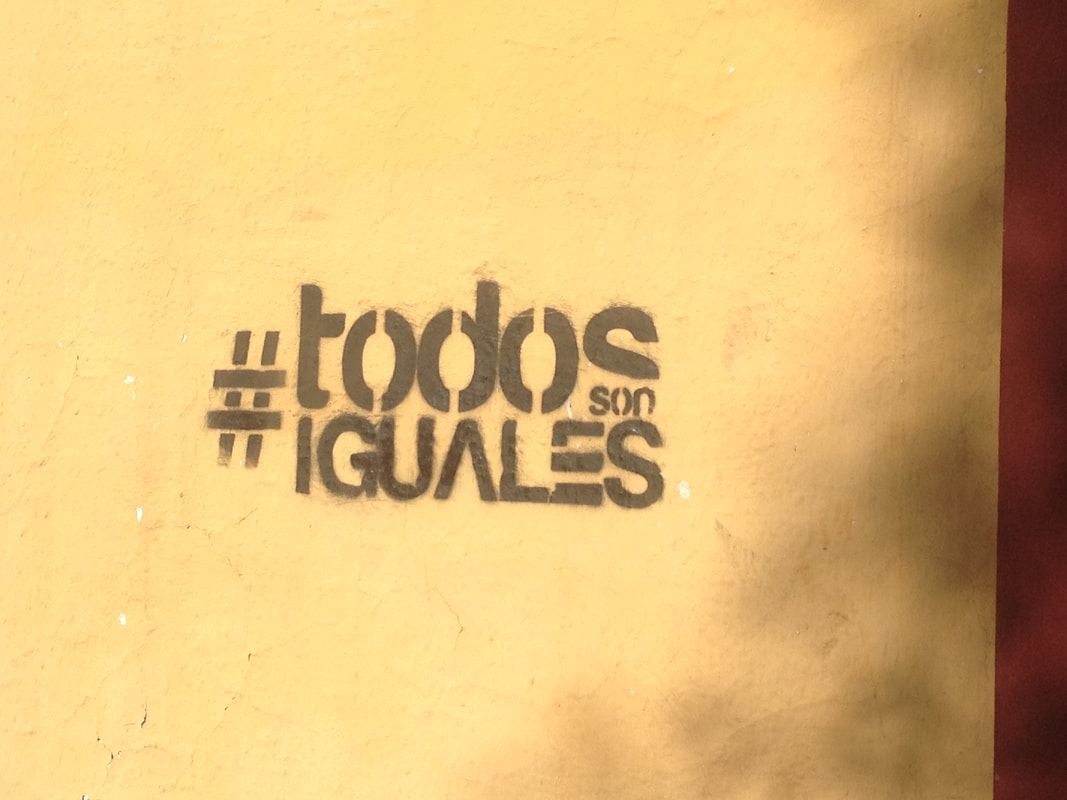
 RSS Feed
RSS Feed